The University Business Podcast: Why STEM needs the humanities—and vice versa
University Business
MAY 14, 2024
Deliberately integrating the humanities into Georgia Tech University’s armada of world-class STEM-based programs is the future of pedagogy at the R1 Atlanta university—and perhaps for all of higher education, says Richard Utz, interim dean of the Ivan Allen College of Liberal Arts, in this installment of the “University Business Podcast.”

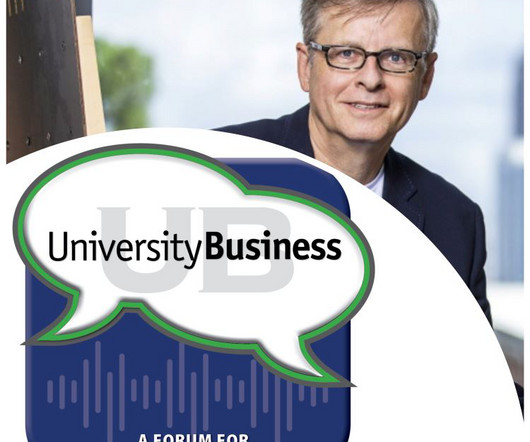
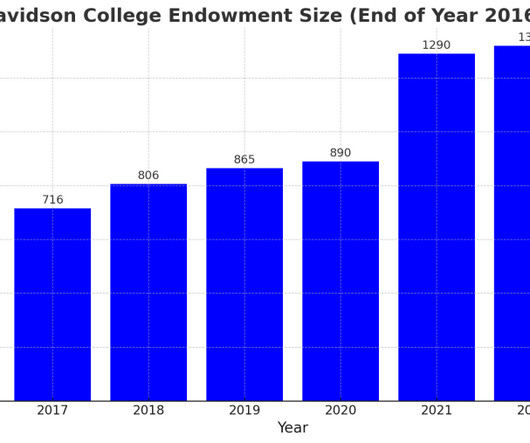
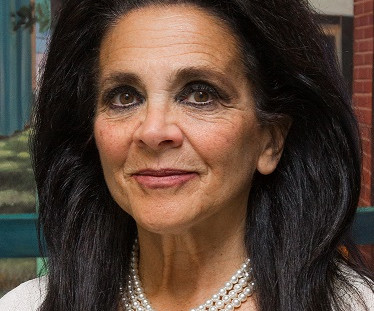
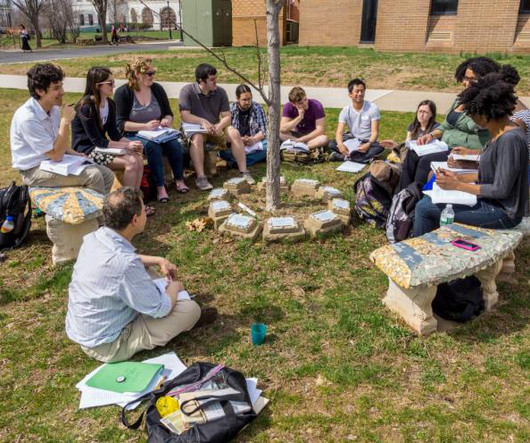
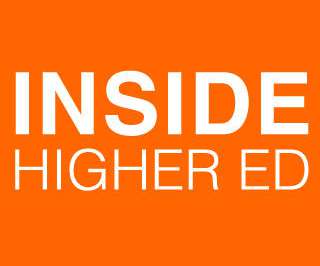
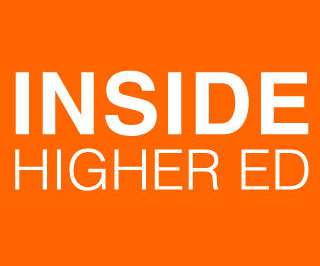

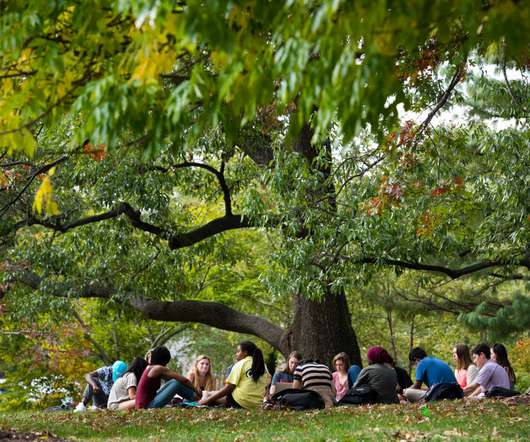

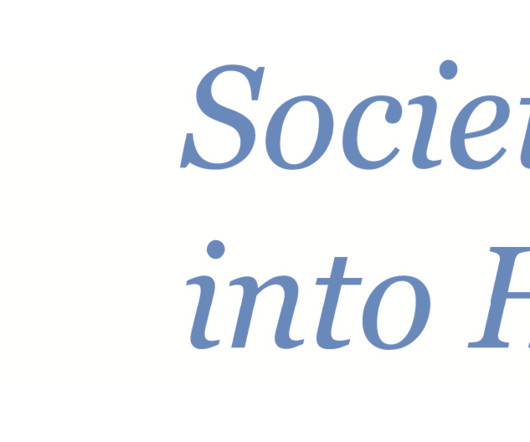


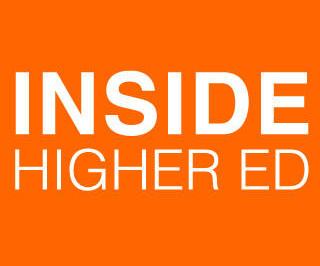






Let's personalize your content